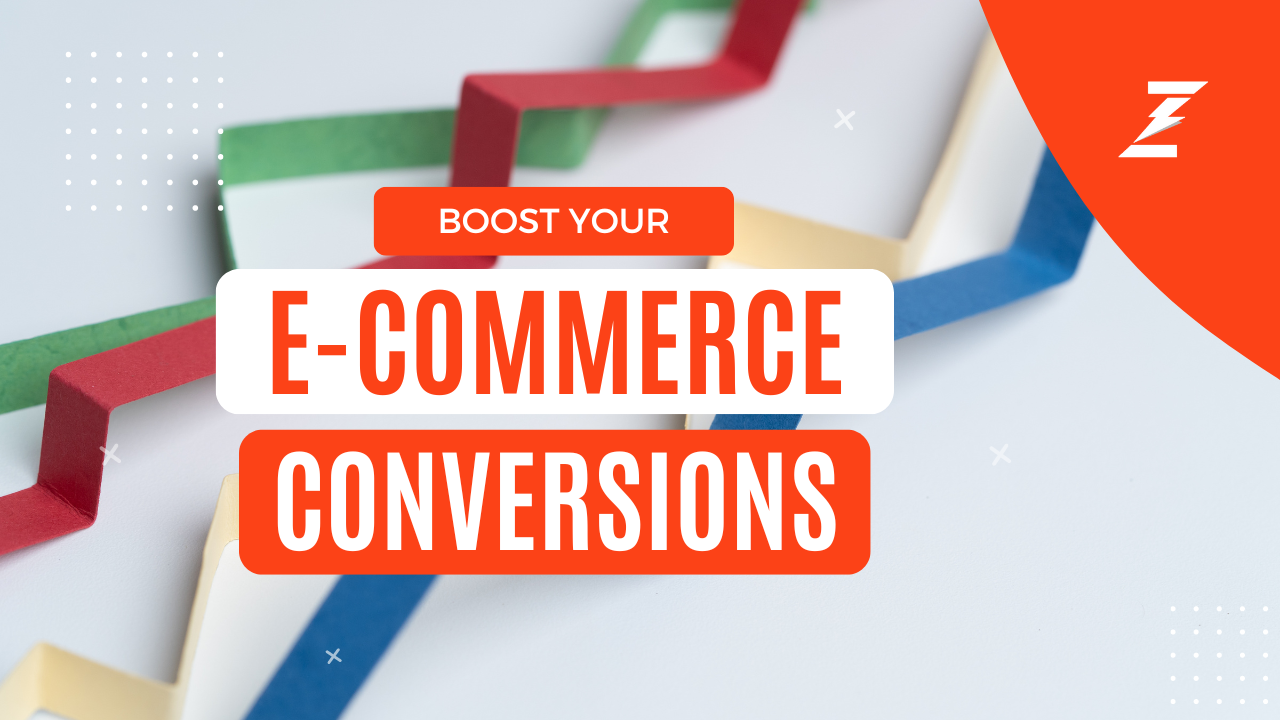
Introduction: The Need for Speed
In today’s digital landscape, where every millisecond counts, website speed optimization has emerged as a critical factor for online success. From enhancing user experience to improving search engine rankings, the benefits are undeniable.
Understanding Website Speed Optimization
Website speed optimization involves fine-tuning various elements of your site to ensure swift loading times and seamless user interaction. This encompasses optimizing images, minimizing HTTP requests, leveraging browser caching, and employing content delivery networks (CDNs).
The Impact of Website Speed on User Experience
Swift Loading Times: Users expect instant gratification, and a slow-loading website can lead to frustration and high bounce rates. By optimizing your site’s speed, you can provide a smooth and enjoyable browsing experience, fostering user engagement and loyalty.
Mobile Responsiveness: With the increasing prevalence of mobile browsing, optimizing website speed becomes even more crucial. Mobile users, especially, demand quick access to information on the go. A mobile-friendly and fast-loading website can significantly enhance user satisfaction and retention.
The SEO Connection: How Speed Affects Rankings
Google’s Emphasis on Speed: Search engines like Google prioritize user experience, and website speed is a key metric in their ranking algorithms. A faster website not only improves user engagement but also signals to search engines that your site is credible and deserving of higher rankings.
Lower Bounce Rates: A slow-loading website often leads to higher bounce rates, indicating to search engines that your content may not be relevant or valuable to users. By optimizing your site’s speed, you can lower bounce rates and improve your chances of ranking higher in search engine results pages (SERPs).
Strategies for Effective Website Speed Optimization
Optimize Images: Large image files can significantly slow down your website. By compressing images without compromising quality and using the appropriate file formats, you can reduce load times and enhance performance.
Minimize HTTP Requests: Each element on a web page requires an HTTP request, which can add up and delay loading times. Minimize the number of requests by combining CSS and JavaScript files, reducing redirects, and utilizing browser caching.
Leverage Content Delivery Networks (CDNs): CDNs distribute your website’s static content across multiple servers worldwide, ensuring faster delivery to users regardless of their geographical location. This can dramatically reduce latency and improve overall page speed.
Exploring Top Speed Optimization Tools
In the realm of website speed optimization, several renowned tools have emerged to streamline the process and maximize performance. Here are some of the most notable ones:
1. Google PageSpeed Insights: As a widely-used tool by web developers and SEO professionals, Google PageSpeed Insights offers comprehensive insights into your website’s performance. It provides suggestions for improving both desktop and mobile loading speeds, along with actionable recommendations to enhance user experience.
2. GTmetrix: GTmetrix is another popular tool that evaluates your website’s speed and provides actionable recommendations for improvement. It offers a detailed analysis of page load times, optimization scores, and insights into areas for enhancement. Additionally, GTmetrix allows you to monitor your site’s performance over time, enabling continuous optimization efforts.
3. Pingdom Website Speed Test: Pingdom Website Speed Test is renowned for its user-friendly interface and detailed performance reports. It provides valuable insights into various aspects of your website’s speed, including load time, page size, and performance grade. With its intuitive interface and actionable recommendations, Pingdom empowers users to identify and address speed optimization issues effectively.
4. WebPageTest: WebPageTest is a robust and feature-rich tool that offers advanced testing capabilities for website speed optimization. It allows users to conduct performance tests from multiple locations and devices, providing comprehensive insights into loading times, page structure, and asset optimization. With its detailed waterfall charts and filmstrip view, WebPageTest enables in-depth analysis and optimization of website speed.
5. YSlow: Developed by Yahoo, YSlow is a browser extension that evaluates web pages based on Yahoo’s rules for high-performance websites. It provides actionable recommendations for improving website speed, including suggestions for optimizing CSS, JavaScript, and image files. YSlow integrates seamlessly with popular browsers, making it a convenient tool for developers and webmasters alike.
Conclusion: Accelerating Your Online Success
In today’s hyper-competitive digital landscape, every second counts. By prioritizing website speed optimization, you can enhance user experience, improve search engine rankings, and ultimately drive more traffic and conversions. Embrace these strategies, and propel your online presence to new heights of success.
Ready to supercharge your website’s performance? Take the first step towards optimizing your site for speed and boosting user experience. Contact us today to unlock the full potential of your online presence!




